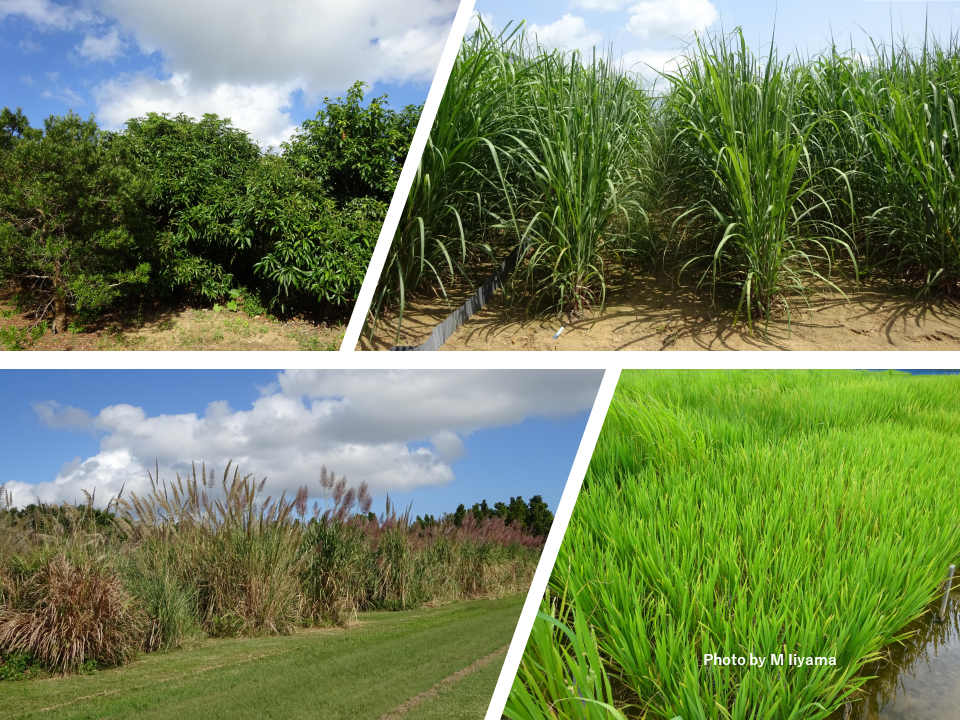Pick Up
1022. International Day for Biological Diversity

1022. International Day for Biological Diversity
The International Day for Biological Diversity, celebrated every May 22nd, offers an opportunity to raise awareness of the loss of biodiversity and the problems associated with it. The theme for 2024 is “Be part of the Plan," calling on all stakeholders to take action towards achieving the new global biodiversity goals by 2030.
Biodiversity is understood to include not only the biodiversity of plants, animals, and microorganisms, but also the genetic diversity of crops and livestock, as well as the diversity of ecosystems (lakes, forests, deserts, and agricultural landscapes) as places where humans, plants, and animals interact.
Biodiversity resources are the foundation of our civilization. Fish provide 20% of the animal protein for 3 billion people, and crops account for 80% of the food supply. Nearly 80% of people living in rural areas in developing countries rely on medicines derived from traditional plants for basic health care.
The loss of biodiversity threatens the foundations of our livelihoods, including our health. Biodiversity loss has been proven to be a cause of zoonotic diseases, and conversely, it is possible to avoid future pandemics by keeping biodiversity intact.
Biodiversity is a valuable global asset for future generations, but many species have already been lost to human activities. We need to raise awareness of this situation so that all stakeholders can take actions to conserve biodiversity.
The Global Biodiversity Framework provides opportunities for collaboration and partnership among various stakeholders, including governments, indigenous peoples, local governments, NGOs, policymakers, the private sector, and individuals. This year, the 16th session of the Conference of the Parties to the Convention on Biological Diversity (COP16) is scheduled to be held in Colombia from October 21 to November 1.
Contributor: IIYAMA Miyuki (Information Program)
